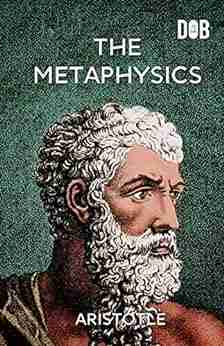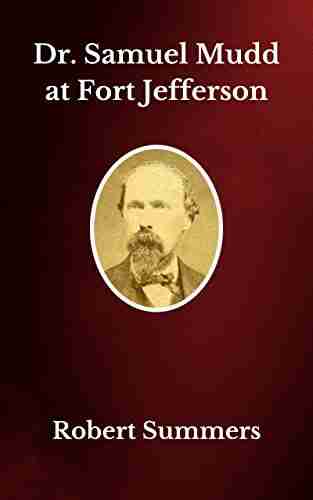Have you ever pondered the fundamental nature of reality? Or questioned the essence of existence itself? Aristotle, the ancient Greek philosopher, delved deep into these perplexing questions in his prominent work called "Metaphysics." In this article, we will explore the intriguing world of Aristotle's metaphysics, where he explores abstract concepts and offers profound insights into the nature of reality.
Understanding Metaphysics
Metaphysics is often considered a complex and abstract branch of philosophy. It deals with the fundamental principles that govern reality, beyond what is observable or tangible. In Aristotle's view, metaphysics is the study of being as being. It explores the nature of existence, the essence of reality, and the ultimate causes behind everything.
The Four Causes
Aristotle proposed a theory of causality, commonly known as the doctrine of the Four Causes. According to this theory, every event or object has four different causes that explain its existence:
- Material Cause: This cause pertains to the material or substance from which something is made.
- Formal Cause: This cause refers to the defining characteristics or form of an object.
- Efficient Cause: This cause focuses on the agent or force that brings about the change or creation of an object.
- Final Cause: This cause relates to the purpose or goal for which something exists.
By considering these different causes, Aristotle aimed to provide a comprehensive framework for understanding the reasoning behind phenomena.
The Theory of Actuality and Potentiality
A core aspect of Aristotle's metaphysics is the concept of actuality and potentiality. According to Aristotle, everything in the universe can be understood in terms of these two principles.
Actuality refers to the state of being, where something has realized its complete form or essence. Potentiality, on the other hand, represents the capacity for change and development towards a particular actuality. Aristotle believed that every object or being possesses both actuality and potentiality.
The Principle of Entelechy
Entelechy is an essential concept within Aristotle's metaphysics. It refers to the inherent purpose or end goal that drives a living organism or object towards its full actualization.
In other words, entelechy encapsulates the idea that everything in the universe has a predetermined purpose or final state it strives to achieve. Aristotle believed that reaching this state of entelechy is fundamental for attaining true fulfillment and realizing one's ultimate potential.
Metaphysics and the Unmoved Mover
Aristotle's metaphysical inquiries also led him to postulate the existence of an Unmoved Mover. This concept represents an eternal and unchangeable being that serves as the ultimate cause of all motion and change in the universe.
The Unmoved Mover is pure actuality, devoid of any potentiality. It acts as the prime mover that initiates and sustains the motion of everything else. Aristotle considered the existence of the Unmoved Mover necessary to explain the perpetual movement observed in the natural world.
The Influence and Significance of Aristotle's Metaphysics
Aristotle's work in metaphysics laid the groundwork for countless philosophical and scientific endeavors throughout history. His exploration of the nature of reality, the principles of causality, and the interplay between actuality and potentiality set the stage for further philosophical inquiry.
Moreover, Aristotle's metaphysics served as a cornerstone for subsequent branches of philosophy, such as ontology, epistemology, and ethics. His ideas on metaphysics continue to inspire thinkers, scholars, and students alike, prompting profound reflections on the nature of existence and the ultimate purpose of life.
By exploring Aristotle's metaphysics, we uncover profound insights into the nature of reality and existence itself. His philosophical framework, encompassing the Four Causes, actuality and potentiality, the principle of entelechy, and the concept of the Unmoved Mover, invites us to reflect on fundamental questions that have captivated the minds of thinkers throughout history.
So, let us embark on this intellectual journey, contemplating the mysteries of existence and unraveling the metaphysical tapestry woven by Aristotle.











































































